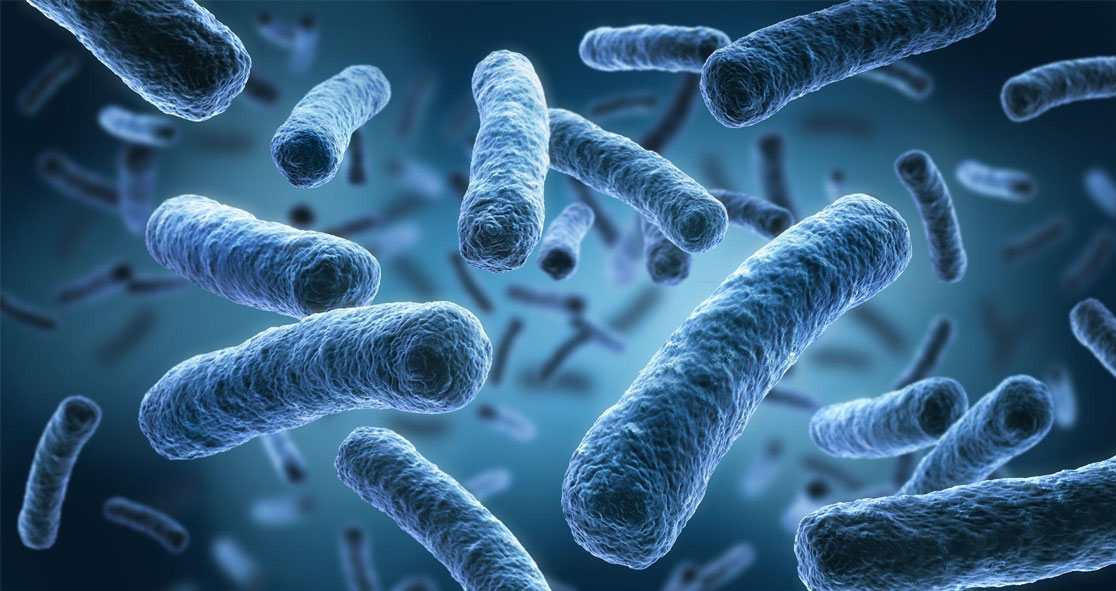Worldwide, the number of obesity and diabetes cases has increased, killing more and more people prematurely.
Obesity, a major health challenge, is known to substantially increase the risk of type 2 diabetes, a chronic metabolic condition characterized by high blood sugar levels.
Now, a team of researchers from the University College Cork (UCC), Ireland, identified a new bacterial strain that can reduce blood sugar levels and stress hormone (cortisol) levels.
Lead author Dr. Harriët Schellekens and her colleagues described the bacterial strain called “Bifidobacterium longum APC1472” as an important regulator of appetite and metabolism during lab studies.
The study, published Friday in the medical journal eBioMedicine, has shown that the new bacterial strain reduced fasting blood glucose levels. They also found that the bacteria could normalize levels of ghrelin (a hormone that signals hunger) and cortisol (stress hormone). However, there was no effect seen in reducing obesity in humans.
However, the bacterial strain showed a reduction in weight gain and fat deposition in obese mice.
Dr. Schellekens, who is also the co-senior author of the study, said, “This study shows that B. longum APC1472 has the potential to be developed as a valuable probiotic supplement to reduce blood glucose, which is important in the development of conditions such as type 2 diabetes.”
“This study is the first of its kind demonstrating the translation of a Bifidobacterium longum species, B. longum APC1472, from initial laboratory studies through pre-clinical studies to a human intervention study,” she added.
The researchers explained that B. Longum APC1472 plays a key role in keeping the hunger hormone, ghrelin, in check, and lowering our stress hormone, cortisol.
Co-senior author Prof. John Cryan said, “This study was a real team effort and delivers important translational evidence that probiotic supplementation can indeed be useful in the fight against obesity. Moreover, the findings reinforce the concept of the link between the gut microbiome, metabolic disease, and mental health, which is a growing area of research.”
Chief investigator of the study Prof. Timothy Dinan commented, “The translational findings are solid and the modulation of cortisol awakening response, warrant further investigation of this B. longum APC1472 and its potential use as a psychobiotic to improve mental health.” The article was originally published in Medical Xpress.























